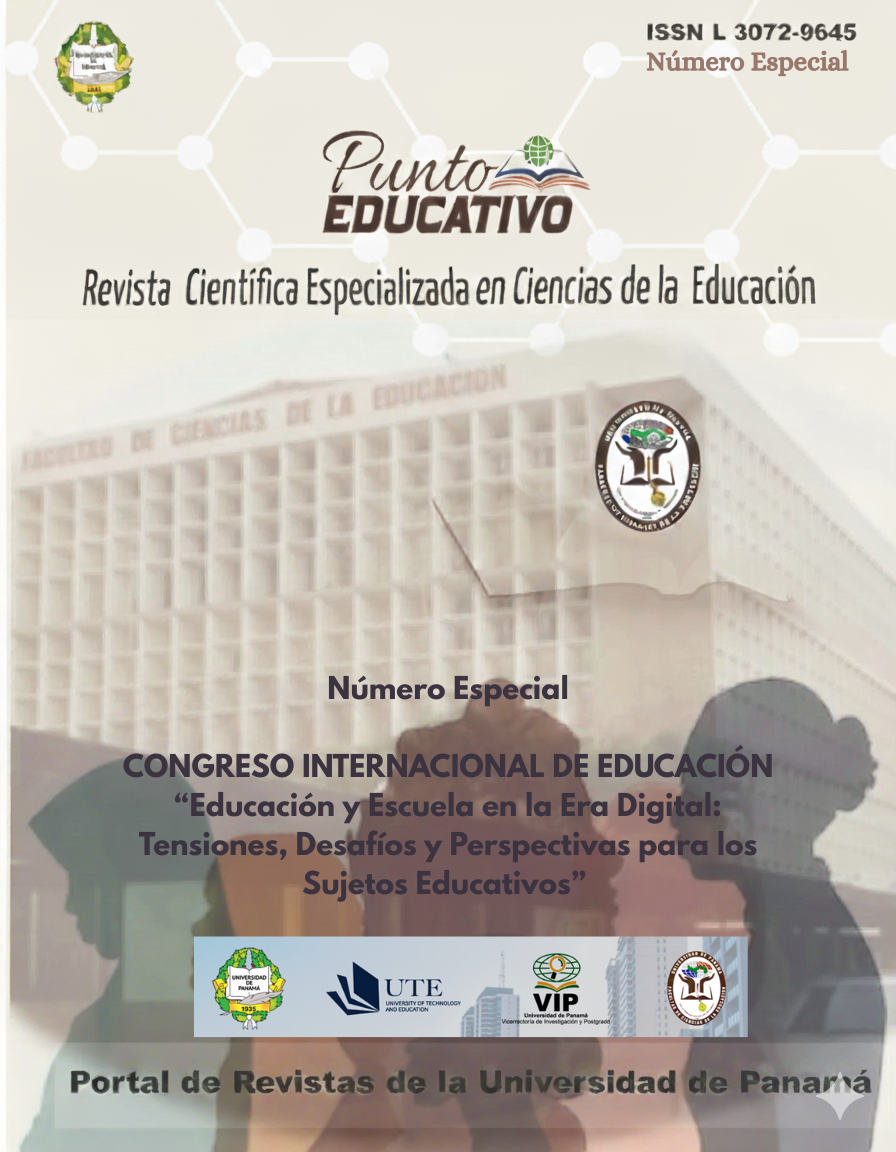

Copyright (c) 2025 Punto educativo

This work is licensed under a Creative Commons Attribution-NonCommercial-ShareAlike 4.0 International License.
The present research article aims to reveal play and literature as influential psychopedagogical strategies in the development of communicative skills (linguistic, sociolinguistic, pragmatic and psycholinguistic) of students in the preschool stage. The approach used covers methodological, historical, hermeneutical and descriptive aspects because it transcends educational barriers through the innovation of pedagogical practices focused on the current educational context. The sample selected for the analysis is intentional with 10 participating teachers; with ages ranging between 25 and 45 years of female and male genders and heterogeneous socioeconomic strata. The instrument used was the semi-structured interview, documentary analysis and direct observation on communicative skills, with a validity calculated by expert judgment, where a high index was obtained. Reliability was calculated using Cronbach's Alpha with 083%. As a result, it is observed that the participating teachers have degrees in early childhood and basic education, belong to socioeconomic strata 1, 2 and 3, and show interest in the transformation of pedagogical practices that generate an impact of play and literature in the development of communicative skills. The study allowed us to conclude that the teachers involved in the research manifest the importance of innovating pedagogical strategies in the preschool stage in their pedagogical action, intervening in problem situations with contextual skills that favor the cognitive, procedural and attitudinal development of students.